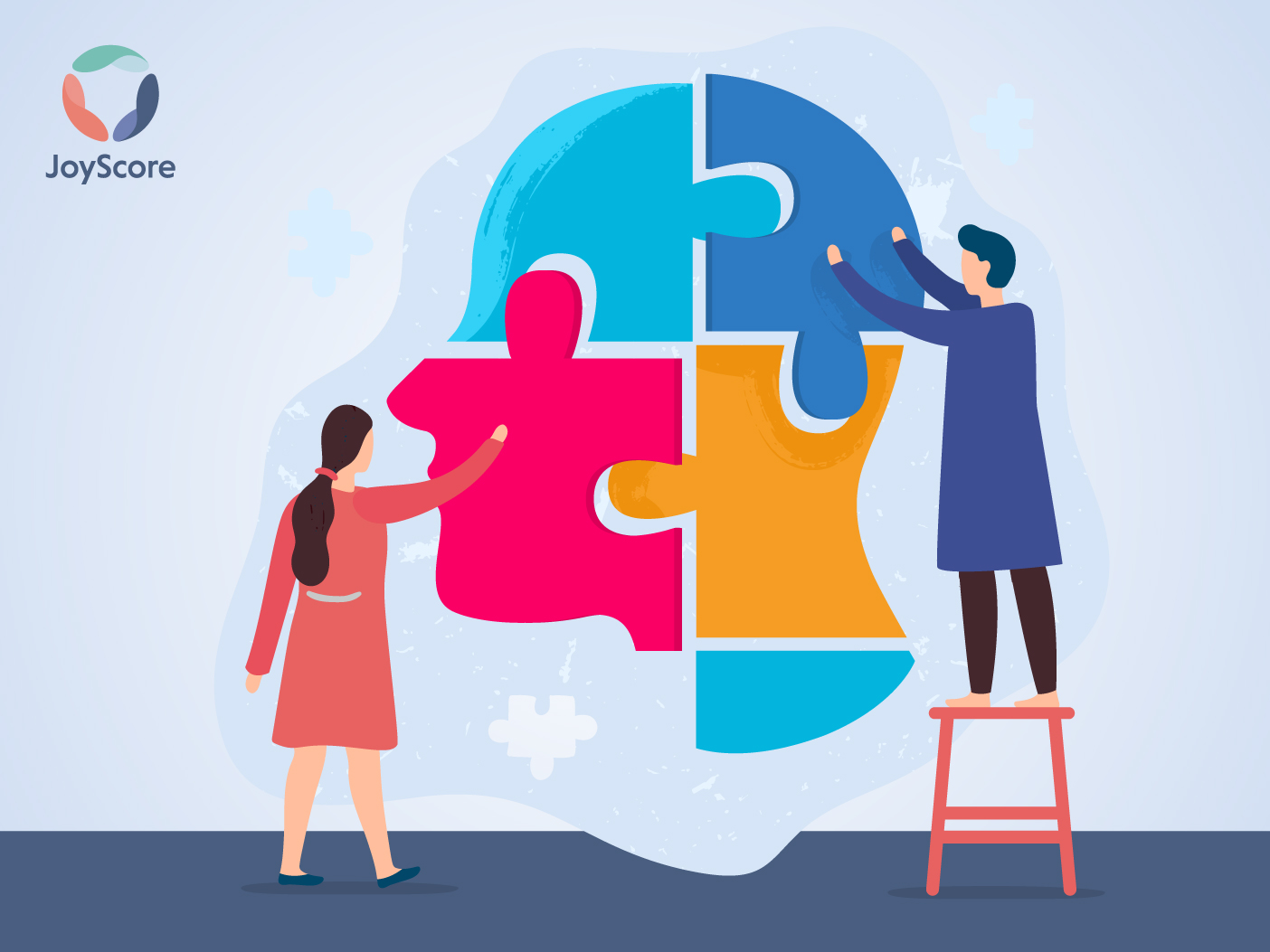Are you aware that fifty percent of mental illness begins by the age of 14? Yes, in the teenage years. Mental health disorders such as schizophrenia or bipolar disorder do not appear “out of the blue.” Individuals themselves often start to recognize small changes or feel that “something’s not quite right” about their thinking, feelings, or behavior before illness takes its full-blown form. The United States, Colombia, the Netherlands, and Ukraine tended to have higher prevalence estimates across most disorder classes especially among teenagers.

According to a new study, the number of Americans diagnosed with Mental Disorders are increasing. It is estimated that around 3.4% of the U.S. population, or more than 8 million Americans, suffer from Severe Psychological Distress (SPD). SPD describes feelings of sadness and restlessness that are hazardous enough to impair physical well being.
Many Americans may not have enough health insurance or access to effective treatment for these disorders.Hence, it can be useful to be aware of symptoms or early warning signs and take actions towards it. Early intervention can help minimize its severity.
Signs & Symptoms
If any of the following occur, approaching a mental health advisor might be helpful:
- You experience sleep or appetite changes
Dramatic adjustments in sleep and appetite or decrease in personal care.
- You experience Mood changes
Rapid or drastic changes in feelings or repressed emotions.
- If you are Distancing yourself and there are social detachment and lack of interest in previously enjoyed activities.
- Drop in functioning
An irregular decline in functioning, such as quitting sports, failing in school, or trouble performing familiar tasks at school, employment, or social activities.
- Problems thinking
Problems with remembering daily stuff, staying focused for more than 30 minutes or following a rational thought process.
- Increased sensitivity
Heightened sensitivity to sight, sound, smells, or touch; avoidance of over-stimulating circumstances.
- Lack of Apathy
Loss of initiative or ability to take part in any social or professional activities.
- Feeling disconnected
A vague sensation of being detached from one’s surroundings or oneself, a feeling of unreality.
- Nervousness
Fear of others or suspiciousness or a deep anxious feeling.
- Unusual behavior
Odd or extreme responses to normal situations.

Some of these signs do not predict a psychiatric disorder but may suggest a need for further assessment. If a person experiences several symptoms at once, and the symptoms are causing obstacles in studying, working, or relating to others; in that case, he/she needs to consult a physician or mental health professional.
What can you do about it?
If you encounter anyone or several symptoms, don’t get disturbed. Acceptance is the first step to make the other person feel comfortable. JoyScore can help you become more self-aware with it’s incredible activities. It is a digital guide dedicated to improving your Mind, Body, and Life by helping you experience better sleep, increased productivity while relieving stress and anxiety by building simple habits.



